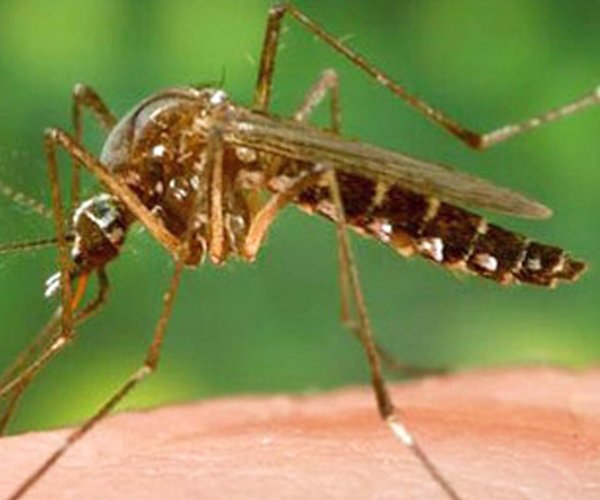The enterovirus that has sickened more than a hundred people, mostly children, across the country has now officially been confirmed in California.
The California Department of Public Health confirmed Thursday three cases in San Diego County and one in Ventura County of enterovirus D68. The public health department expects the number of cases in California to rise in the coming weeks as they have asked local health departments to submit samples from all rhinovirus/enterovirus positive specimens from hospitalized children less than 18 years of age or from clusters of cases of any age to the department for further typing. Several specimens have already been received and testing is underway.
“We are not surprised to find EV-D68 causing some illnesses in California given the apparent widespread nature of this virus in other parts of the country,” said Dr. Chapman.
There currently are no suspected cases of the virus in Stanislaus County, according to the Stanislaus County Health Services Agency.
Enterovirus D68 (EV-D68) is one of many non-polio enteroviruses. This virus was first identified in California in 1962, but it has not been commonly reported in the United States, according to the Centers for Disease Control and Prevention.
From mid-August to Thursday, a total of 153 people in 18 states were confirmed to have respiratory illness caused by EV-D68, the CDC reported.
EV-D68 causes respiratory illness and the virus likely spreads from person to person when an infected person coughs, sneezes, or touches contaminated surfaces. Symptoms of EV-D68 include fever (although fever may not be present), runny nose, sneezing, cough, and body and muscle aches. Some children have more serious illness with breathing difficulty and wheezing, particularly children with a history of asthma.
Parents should seek medical attention immediately for children who are having any breathing difficulty (wheezing, difficulty speaking or eating, belly pulling in with breaths, blueness around the lips), particularly if the child suffers from asthma. There is no specific treatment for persons with EV-D68, nor is there a vaccine to prevent it.
The best way to prevent transmission of enteroviruses is to:
• Wash hands often with soap and water for 20 seconds, especially after changing diapers.
• Avoid touching eyes, nose and mouth with unwashed hands.
• Avoid kissing, hugging, and sharing cups or eating utensils with people who are sick.
• Disinfect frequently touched surfaces, such as toys and doorknobs, especially if someone is sick.





